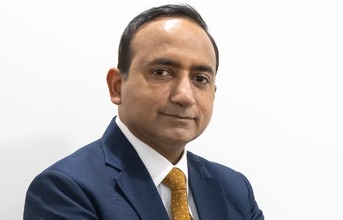
EPACK Prefab, one of India's fastest-growing pre-engineered buildings and prefabricated structures producers, announced a momentous 48 per cent growth in order book for FY24 in comparison to FY23, standing at Rs 1,233 crore. In FY25, EPACK Prefab expects to add 35 per cent more orders from sectors like data centres, tourism, warehousing, airports, etc.
EPACK Prefab has experienced growth surpassing that of the 11 per cent CAGR of the Prefabricated Industry in FY 24.
The company has made substantial investments and expansions to support this growth. A key highlight is the Rs 198 crore investment in a new factory in Mumbattu, Andhra Pradesh, which commenced operations this year. This new plant has increased EPACK Prefab's annual production capacity from 100,000 metric tonnes to 187,000 metric tonnes. EPACK Prefab has also expanded its footprints by opening offices in Hyderabad, Chennai, Vishakhapatnam, and Ahmedabad to enhance its sales and design capabilities.
The company has delivered significant construction projects across various sector's industrial facilities, including 15 million sq. ft. of warehousing infrastructure, 4.2 million sq. ft. in the automobile sector, and 12.3 million sq. ft. in the cement and steel industries.
Sanjay Singhania, Managing Director, at EPACK Prefab said, "Our order book numbers are resilient. We have fared extremely well in certain sectors like warehousing, automobile, sports, and aviation – all giant industries. This year we are looking to provide infrastructure to data centre, tourism, and hospitality and further deepen our roots in the tier-2 and tier-3 cities.
To keep the graph upward and avoid stagnancy, people must obtain a futuristic approach towards infrastructure development for the country. For that matter, visionary thinking is a must for any industry. The economy needs investment in technology that is less detrimental to the environment and in non-traditional methods that are cost and time efficient.
If, as an economy, we become more adaptable to pre-engineered buildings and prefabricated structures for construction demands, we are committing to innovation and environment-friendly practices."
